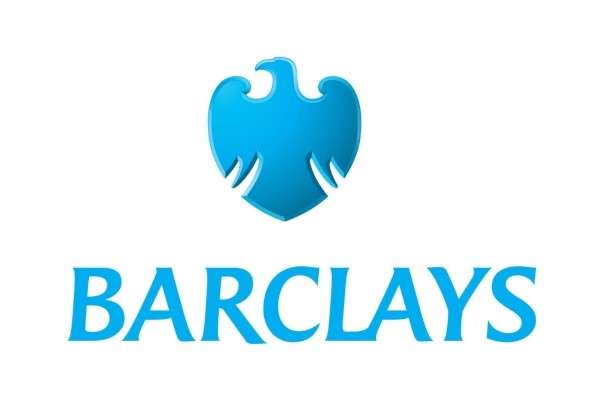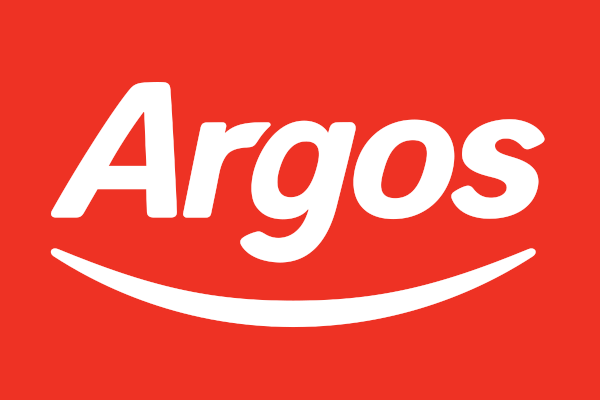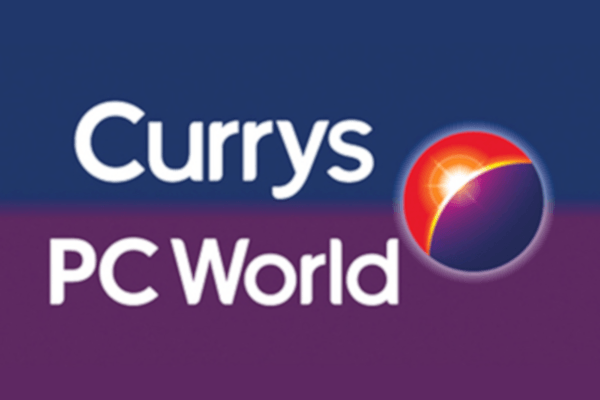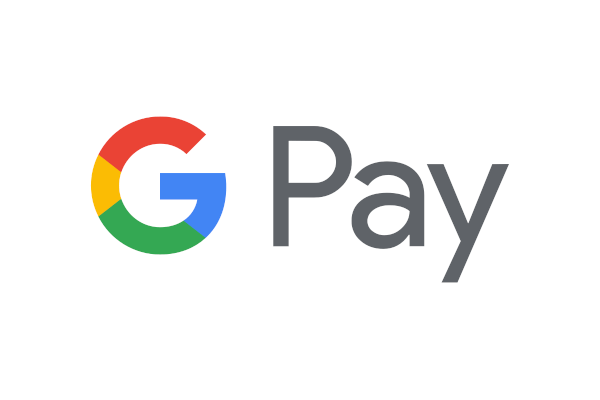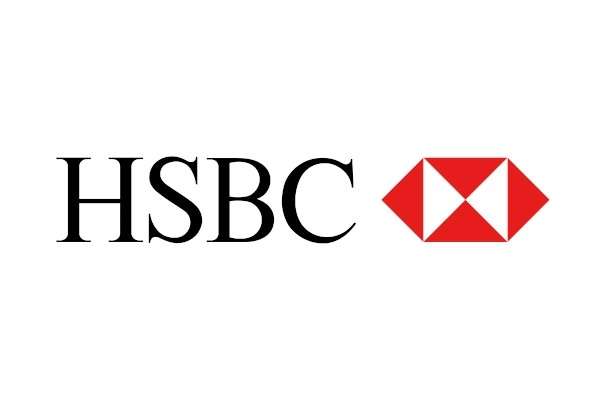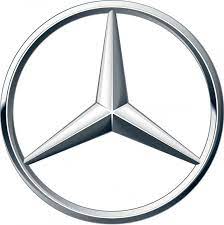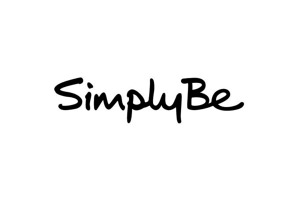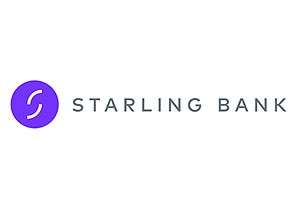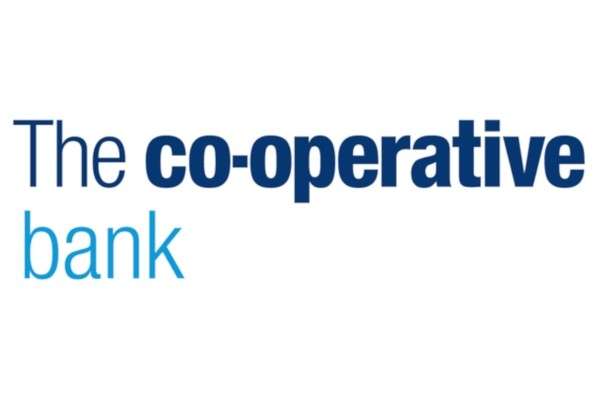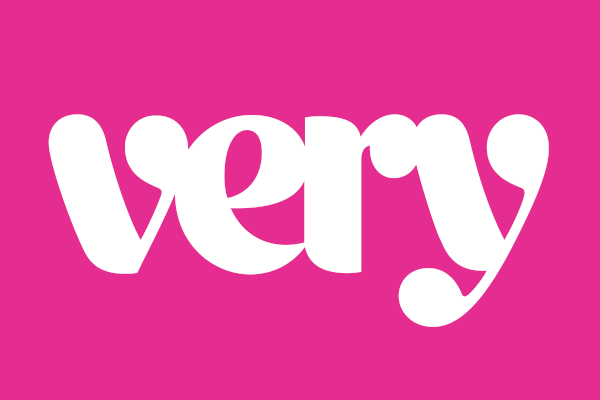
Supplier/Lender Same
Connected lender liability section 75
The Consumer Credit Act of 1974 was established to provide greater protection for consumers. It typically applies to cases where the supplier of goods or services and the creditor are connected. Section 75 of the consumer credit act helps consumers claim against the creditor if there has been misrepresentation or breach of contract.
Search for a Company to begin a Claim
Connected lender liability puts greater responsibility on the banks and credit card companies if transactions go wrong. However many banks have been reluctant to accept greater accountability in the past and have filed disputes against connected liability.
The 1971 recommendations from The Crowther Committee were applied in the Consumer Credit Act 1974. Their recommendations focused around the liability for creditors. They suggested that creditors should be jointly and severally liable alongside suppliers for purchases or services paid for with credit cards. This recommendation is what contributed to the introduction of Section 75 of the consumer credit act 1974 (CCA 1974).
The reason for passing liability to the creditor was based mainly on the market at the time, which is undoubtedly outdated. In the ’70s credit card companies had close relationships with the merchants that accepted their card type. Those merchants were somewhat represented by the credit companies and were said to be good if they had the backing of such companies.
Therefore if something were to go wrong, they would both be to blame.
However, in today’s modern market things are very different. Therefore the theories surrounding connected lender liability surely can’t still apply. That stamp of approval and relationship scenario is no longer a thing. However, it does still exist and causes extensive debate amongst credit providers throughout the UK. The primary debates focus on: the extent of liability, like claim and protection against the supplier.
An issue that has surrounded connected lender liability in the past focused on payments abroad and the involvement of a fourth party. Under section 75 it is commonly known that there needs to be a direct relationship between seller, buyer and credit card company. Therefore the introduction of other third-party applications, in fact, made this a fourth party structure, which is not covered under Section 75.
Disputes in the past were handled via the Office of Fair Trading, which unfortunately dissolved in 2014. It was a non-ministerial government department in the UK and was first established by the Fair Trading Act 1973. Its primary purpose was to regulate consumer disputes and competition law economically.
Back in 2006 major banking corporations including Lloyds TSB Bank PLC and American Express filed a dispute about connected lender liability regarding payments made abroad. The OFT was appealing against the notion that payments made overseas did not attract connected lender liability. Issues in the dispute arose surrounding third and fourth party structures.
This raised plenty of queries with many questioning where modern methods such as PayPal and Google Pay came into things. In that case, the creditor could be made liable from the supplier in this case PayPal but not the end merchant.
Due to the joint liability in place, the merchant can pursue the creditor or the supplier first; it is their choice. The creditor however under the protection policy can claim against the supplier. They should show that they have suffered a loss due to the poor efforts of the supplier.
Overall, Section 75 is widely useful for consumers and offers excellent protection against purchases. The sharing of liability ensures you have higher chances of getting your claim resolved and receiving the compensation you deserve for a breach of contract.
Making claims under section 75 can be, and there is a specific criterion your purchase will need to meet. It is important to note that section 75 typically covers purchase between £100 and £30,000. With Section 75a covering much higher purchase prices. This protection offers consumers peace of mind and the support to claim against the supplier or creditor if their purchase is applicable.
Top Complaints:
Quick Complaint Form
All companies in this category


